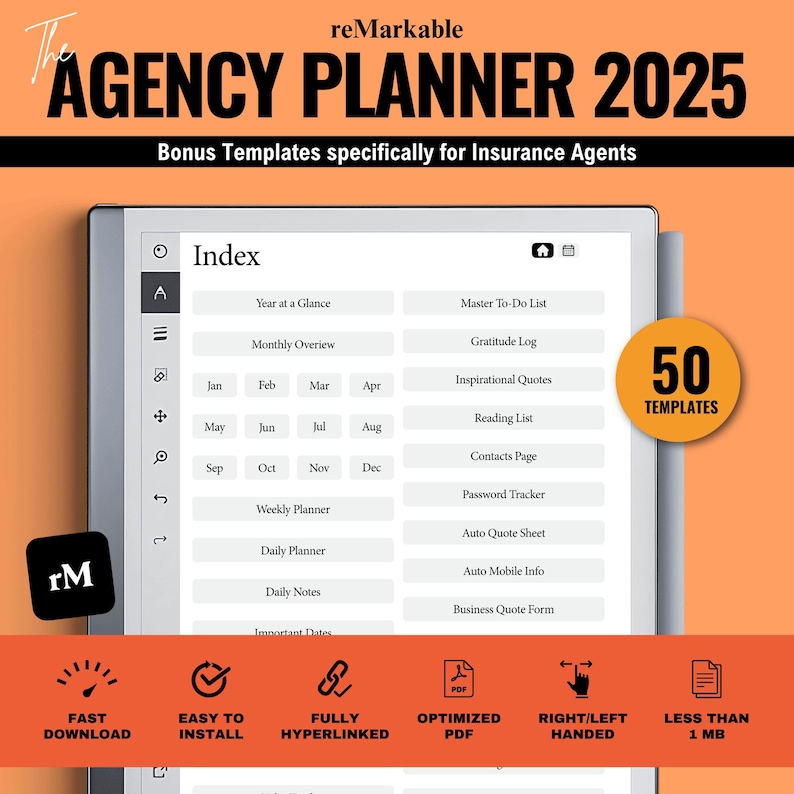Running a home health care business comes with its unique set of challenges — from managing patient care to juggling schedules and paperwork. But one thing that often gets overlooked is insurance. Having the right coverage isn’t just a nice-to-have; it’s essential for protecting your small business from unexpected risks. In this article, we’ll share practical insurance tips tailored specifically for home health care providers, helping you safeguard your business and focus on what matters most: caring for your clients. Whether you’re just starting out or looking to review your current policies, these insights will give you peace of mind and a solid foundation for success.
Table of Contents
- Choosing the Right Insurance Policies for Your Home Health Care Business
- Understanding Liability Coverage to Protect Your Small Biz
- Tips for Managing Insurance Costs Without Sacrificing Protection
- How to Navigate Claims and Build a Strong Relationship with Your Insurer
- In Summary
Choosing the Right Insurance Policies for Your Home Health Care Business
Navigating the world of insurance for your home health care business can feel overwhelming, but selecting the right policies is essential to protect your reputation, finances, and clients. Start by assessing the specific risks associated with caregiving and your business operations. For instance, you’ll want to prioritize professional liability insurance to cover claims of negligence or malpractice, and general liability insurance to protect against accidents that occur on your premises or during care visits. Additionally, consider property insurance if you have a physical office space or equipment that needs coverage. Don’t forget that many states require workers’ compensation if you employ caregivers, so make sure you comply with local regulations.
To make sure you’re well-protected without paying for unnecessary coverage, talk to insurers who specialize in small healthcare businesses. Look for policies that offer:
- Customizable coverage options tailored to caregiving services
- Affordable premiums for small business budgets
- Claims support services that understand the nuances of healthcare
By choosing insurers who truly understand your business, you will gain peace of mind and focus on what matters most: providing compassionate care to your clients.
Understanding Liability Coverage to Protect Your Small Biz
Liability coverage is a crucial safety net for home health care providers, especially small businesses operating in a high-risk environment. This type of insurance protects you from the financial burden of lawsuits stemming from property damage, bodily injury, or medical malpractice claims. Without adequate coverage, a single incident could drain your resources and jeopardize your business’s future. Think of liability insurance as a shield that absorbs unexpected blows, letting you focus on what you do best: providing compassionate care.
When evaluating your liability coverage, consider the specific risks tied to your services to ensure comprehensive protection. Key features to look for include:
- General Liability: Covers slips, falls, and accidents on your business premises.
- Professional Liability (Errors & Omissions): Protects against claims of negligence or mistakes in care delivery.
- Product Liability: Important if you supply medical equipment or devices.
By tailoring your liability coverage to your unique operations, you reduce exposure to costly claims and maintain peace of mind as your small business grows.
Tips for Managing Insurance Costs Without Sacrificing Protection
When running a small home health care business, it’s crucial to strike a balance between affordability and adequate coverage. Start by regularly reviewing your policies to identify any overlapping coverage or unnecessary riders that can be trimmed without compromising your protection. Consider bundling different types of insurance, such as general liability and professional liability, with the same provider to unlock potential discounts. Also, maintaining a strong safety and compliance record can lower your premiums, so invest in ongoing staff training and implement robust risk management protocols.
Explore these smart approaches to keep costs down while safeguarding your business:
- Increase your deductibles: A higher deductible means lower monthly payments, just ensure you can comfortably cover that amount if a claim arises.
- Leverage technology: Use telehealth tools and electronic documentation to reduce claims errors and improve operational efficiency.
- Ask about group policies: Partner with local associations or consortiums to gain access to more affordable group rates.
- Annual policy reassessment: Keep pace with your business growth or changes by adjusting policy limits and coverage types accordingly.
How to Navigate Claims and Build a Strong Relationship with Your Insurer
In Summary
Wrapping up, navigating the world of insurance can feel overwhelming for small home health care providers, but it’s a vital step to protect your business and the people you serve. By understanding your specific risks, exploring your coverage options, and regularly reviewing your policies, you’ll build a solid safety net that lets you focus on what truly matters—providing quality care. Remember, the right insurance isn’t just a legal requirement; it’s peace of mind for you, your team, and your clients. Stay informed, stay covered, and keep making a difference in your community!







